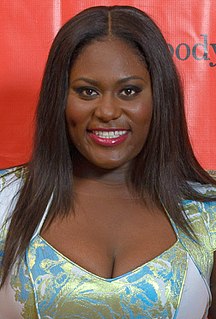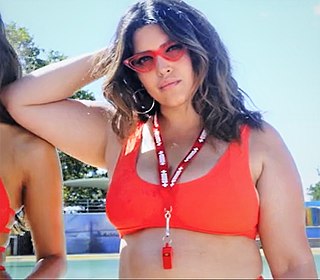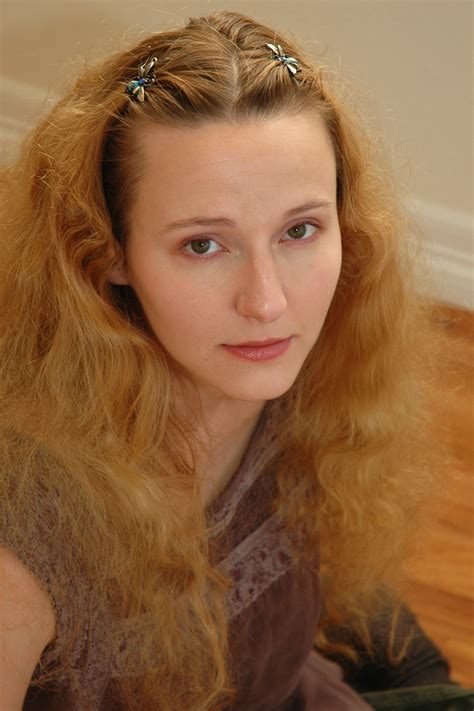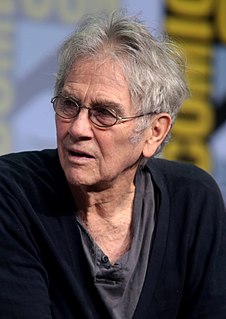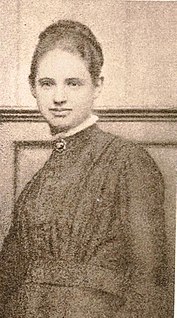A Quote by Marilynne Robinson
One of the things that is nice about these old pastors - they were young at the time - who went into the Middle West is that they were real humanists. They were often linguists, for example, and the schools that they established were then, as they are now, real liberal arts colleges where people studied the humanities in a very broad sense. I think that should be reflected in his mind; appropriately, it is.
Quote Topics
Related Quotes
I think that's something that always enticed me about the '40s - back then, the glamour and the style - you couldn't really make it up. You just were or you weren't. You either fit in that world or you fit in the other. Things were very cut and dry. Things were simple. There wasn't a whole lot of excess or flash to be flashy; it was real flash, and real excitement.
Growing up, there were TV shows that were very funny but very traditional. Classic things like 'Fawlty Towers,' obviously, and 'Blackadder' were pretty traditionally shot. And then there were the ones that start to break the mold or be really ambitious. The ones that spring particularly to mind would be 'The Young Ones.'
The idea of social performance, that we're always performing identities, is something I got fairly obsessed with. I think it's probably because I am a person who went to 15 different elementary and middle schools. I moved all the time, often having to run out in the middle of the night because my mom couldn't pay the bills. There were schools where I'd be the poor loser kid. There were schools where I'd suddenly be the smart kid or the cool kid, although that was very seldom.
I tried to write things, but they were so ridiculous and stupid and impossible and I had not a clue what they were, so that delusion went on for a long time. Maybe it's still going on, only somehow I sucked some people in. It was a long time of writing things that didn't make sense in the real world, and I'm embarrassed about them now in a jocular way.
I had said that Le Guin's worlds were real because her people were so real, and he said yes, but the people were so real because they were the people the worlds would have produced. If you put Ged to grow up on Anarres or Shevek in Earthsea, they would be the same people, the backgrounds made the people, which of course you see all the time in mainstream fiction, but it's rare in SF.
I'm quite convinced in my own mind that those who were arguing that [the need to intervene in Iraq] was a more immediate one than some believed - were I'm sure convinced that they were right on fact, I don't think they were making it up. So as to lying, I don't think it has been established that any lies were told.
Go back to the Bible, the Old Testament. I mean there were people who we would call intelectuals, there, they were called prophets, but they were basically intelectuals: they were people who were doing critical, geopolitical analysis, talking about the decisions of the king were going to lead to destruction; condemning inmorality, calling for justice for widows and orphans. What we would call dissident intelectuals. Were they nicely treated? No, they were driven into the desert, they were imprisoned, they were denounced. They were intelectuals who conformed.


